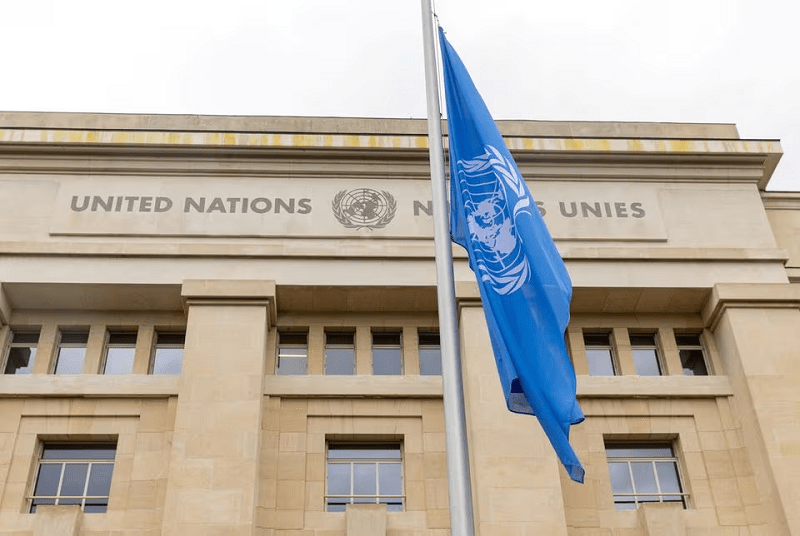Islamabad:
During a briefing of the United Nations Security Council (USC) on global threats of terrorism, the permanent representative of Pakistan, the Ambassador Munir Akram, expressed serious concerns concerning the use of Afghan soil by terrorist groups targeting Pakistan and the wider region.
Speaking during the UNSC biannual session, based on the reports of the UN Secretary General on the threats posed by ISIL (Da’esh), Al-Qaida, and their affiliates, Ambassador Akram stressed that Despite international efforts to fight terrorism, such as the Banned Tehreek. E-Taliban Pakistan (TTP), DAESH (ISIL-K) and the major brigade continue to operate from shelters in Afghanistan.
Reaffirming Pakistan’s Commitment to Eradicating Terrorism, Ambassador Akram Stated, “Pakistan Condemns Terrorism in All Its Forms and Demonstrations. For More Than Four Decades, we have remained at the Forefront of Global Counterterroism Efforts and Been A Principal Target of Terroist Attacks, Finance adversaries in the region “.
He underlined the sacrifices of Pakistan, noting that the country has lost 80,000 lives and suffered enormous economic damage due to terrorist activities.
He also reminded the Council that “the nucleus” of Al-Qaeda was decimated in Afghanistan, largely due to the efforts of Pakistan “, but warned that several of its ramifications had emerged elsewhere, including in Africa.
Citing reports from the UN Secretary General and 1267 Isil (Daesh) and the Al-Qaeda Sanctions Committee, Ambassador Akram stressed that “Afghanistan is the main center for recruitment and facilitation of ISIL -K “. “.
He firmly rejected any suggestion that Pakistan is a recruitment field for Daesh, saying: “We fight Daesh, we fight TTP, and we fight the major brigade, and we will continue to do so with determination”.
He expressed his disappointment as for the discussion of the council to recognize the threat of Daesh, “the threat posed in Pakistan by the TTP and the major brigade was not mentioned by our colleagues around the table”.
He urged the Council to take these threats seriously, stressing that these groups are not only a danger for Pakistan but for the whole region and beyond.
Ambassador Akram stressed that strategies to combat terrorism must approach the deep causes of extremism, which understand “poverty, injustice, prolonged unresolved conflicts, foreign occupation and denial of the right to self -determination “.
He specifically indicated the “occupied territories of Palestine and Jammu-et-Cachemire” as examples where unresolved conflicts continue to feed radicalization.




